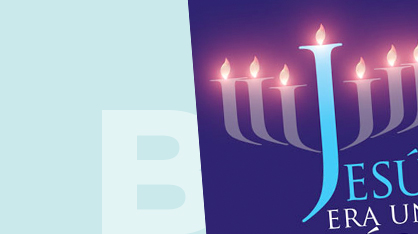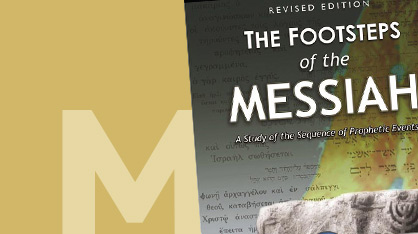Arnold Answers
Related Questions
Was the sour wine offered Jesus on the cross considered the same as the cup of Elijah in the Passover seder?
[Here is the full text of the QUESTION from the reader:]
As our pastor was preaching on the crucifixion, I saw Mark 15:34-36 in a way that I had never before considered. Could it possibly be that the person who gave Yeshua wine on a sponge during the crucifixion was Jewish, rather than a Roman soldier? And could it further be that this person understood that Messiah’s death on the cross fulfilled Passover? Could it then be that the person was really thinking that by providing the wine, he was offering the 5th cup of the Passover seder, the cup of Elijah? Wouldn’t it make sense that the people standing around during the crucifixion thought that Yeshua was calling Elijah to come because if he came to announce that Messiah had come, then Yeshua would take Himself off the cross and establish His kingdom over all the Gentiles right then? While the wine was sour, it was all they probably had close by, so the person’s act of getting the wine on the sponge could have been an act of faith that Yeshua could take the wine, Elijah would come, the Messiah would remove Himself from the cross, and establish His kingdom. What do you think?
[Here is Arnold’s ANSWER:]
The fifth cup of the Passover seder is indeed called “the cup of Elijah.” However, it was only incorporated into the Passover service after the year A.D. 70, after the destruction of the city and the Temple. Therefore, the fifth cup did not play any role in the Passover observance in the year A.D. 30, which is when Messiah had His last Passover with His apostles.
At that time, there was simply a belief that Elijah would come to let the Jewish people know the timing of Messiah’s arrival. That is the only part of the Elijah tradition that was already present before A.D. 70, so the fifth cup of Elijah was not an issue at the time of the crucifixion. Whoever may have offered the wine to the Messiah, whether Jewish or Gentile, would not have been thinking of the cup of Elijah because it had not yet come into being.
back






